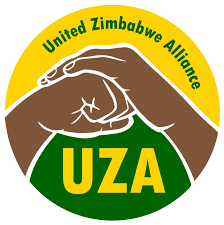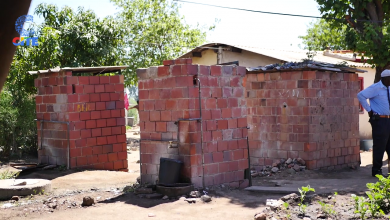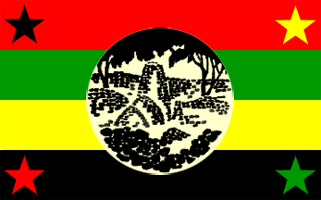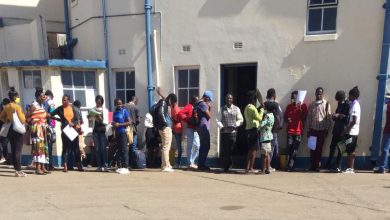Gukurahundi survivors must dictate healing process: UZA

With the National Peace and Reconciliation Commission (NPRC)’s term of office set to expire this year, the United Zimbabwe Alliance (UZA) says survivors of the Gukurahundi genocide must define their own healing trajectory and reconciliation process.
UZA party leader, Elisabeth Valerio, said the present government had failed to adequately handle Gukurahundi as people were still hurting.
“I know a lot of people whose families went through this atrocity. UZA has been going through a process where we have actually been working on a manifesto that clearly defines the actions of our government and how we are actually going to deal with these issues. We do acknowledge that Gukurahundi has not been addressed properly,” she recently told journalists in Bulawayo.
Valerio, who hails from Matabeleland North said the only way to solve the matter was if the victims were in control of the healing process.
“It’s impossible to ever heal after all that transpired but the only way to come close to having some way forward for the nation, is the people of Matabeleland North (including Matabeleland South and Midlands), who were affected by Gukurahundi to be able to come up with those solutions and define what it is that we need to do to correct this,” she said.
“There have been many different views or opinions as to what needs to be done but the solutions have to come from the victims of Gukurahundi, that is my view.”
Valerio added the government also needs to take corrective action as a lot of families were affected by that period.
The UZA leader decried there has been less recognition and support to correct “the wrongs that have been done” but her political party will fix that.
“I cannot speak to what the political party’s manifesto will be, because that is under a committee review right now but we have a press conference scheduled to unveil it but it will be clearly defined,” Valerio said, noting that Gukurahundi was an issue of great concern.
“We have had so many conversations with our MP candidate in Tsholotsho North and you know that this is something so close. The wounds are not healed and it’s going to take time to correct this through a process that has to be led by the people who are affected.”
Meanwhile, the Zimbabwe Human Rights NGO Forum has questioned what will happen to the cases the NPRC was working on before its constitutional mandate expires this year.
The NPRC was intended to exist for 10 years, starting from August 22, 2013.
But due to delays in enacting the statute to operationalise it, the commission only came into action on January 5, 2018, sparking concerns that the NPRC would fail to meet its constitutional mandate of administering post-conflict justice.
Public Interest Manager at the Zimbabwe Human Rights NGO Forum, Isheanesu Chirisa, said the organisation had a national transitional justice unit that tried to engage the NPRC on a number of post-conflict justice issues, including Gukurahundi.
“Of course the NPRC is a government institution, they engage as and when they feel they want to do so. We unfortunately haven’t had fruitful engagement through the NPRC,” she said at the Bulawayo Media Centre on Monday.
“We must also appreciate that the term of the NPRC is supposed to come to an end this year according to the constitution. The other important question that comes from this is when it comes to an end, what then will happen to cases?”
Chirisa claimed there has not been a lot of closure to these cases.
“The government has been saying they have their own initiatives through traditional leaders, we have also been trying to monitor what the traditional leaders are doing, to see whether what they are doing matches the expectations of people who were immediately affected by Gukurahundi,” she explained.
However, the human rights defender said it was unfortunate that the government does not ‘immediately’ want to acknowledge Gukurahundi, nor has there been effective remedies or corrections put in place.
“But as the forum this is something that we keep working on. This is an issue that is always there and not effectively addressed,” Chirisa said.
“The government should have acknowledged as a starting point, put up a truth and reconciliation commission and set up traditional courts -like what Rwanda did to see who did what, to what extent and establish effective remedies. Unfortunately Zimbabwe has not been doing that.”
As a forum, Chirisa said they have been working with a number of partners to create memorialisation, street murals, in commemoration of the victims.
“In Hwange and Lupane, we set up boreholes, built class blocks to honour those people and remember them,” she said.






